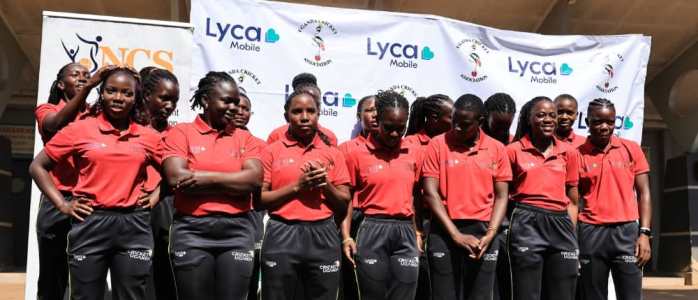In a groundbreaking move set to redefine Africa’s place in the global sporting arena, Nigeria is on course to become the first African nation to host the prestigious Commonwealth Games in 2030. The Nigeria Olympic Committee (NOC) confirmed on April 3, 2025, that it had met the March 28 deadline for submitting its expression of interest, with Abuja as the proposed host city. However, the formal bid now awaits the crucial backing of the Federal Government to proceed to the next phase.
This historic ambition draws on Nigeria’s successful hosting of the 2003 All Africa Games, where it demonstrated logistical expertise and infrastructural readiness. A 2030 Games in Abuja would ignite massive upgrades in sports venues, accommodation, and transportation networks, while simultaneously spurring tourism and economic growth. With thousands of athletes and spectators expected, the event promises job creation, foreign investment, and a revitalization of the local sports economy.
Beyond the tangible benefits, Nigeria’s bid also aims to inspire national unity, showcase cultural diversity, and nurture a new generation of athletic talent. Hosting the Commonwealth Games would solidify the country’s international reputation as a hub for excellence in sports and event management, elevating its global standing and influence within the Commonwealth community.
Uganda, watching from the sidelines, stands at a critical crossroads. Nigeria’s bold initiative underscores the untapped potential within African nations to harness sports as a driver for development. For Uganda to pursue such mega-events, it must build a national sports strategy that prioritizes infrastructure investment, talent development, and sports diplomacy. Creating regional sports centers, modern stadiums, and partnering with international bodies will be essential steps.
The way forward for Uganda involves aligning political will with strategic planning. By investing in long-term sports infrastructure, encouraging public-private partnerships, and embracing a culture that values athletic achievement, Uganda could not only bid for future international events but also leverage them for tourism, job creation, youth empowerment, and nation-building. The race is on, and the question remains—will Uganda answer the call?



